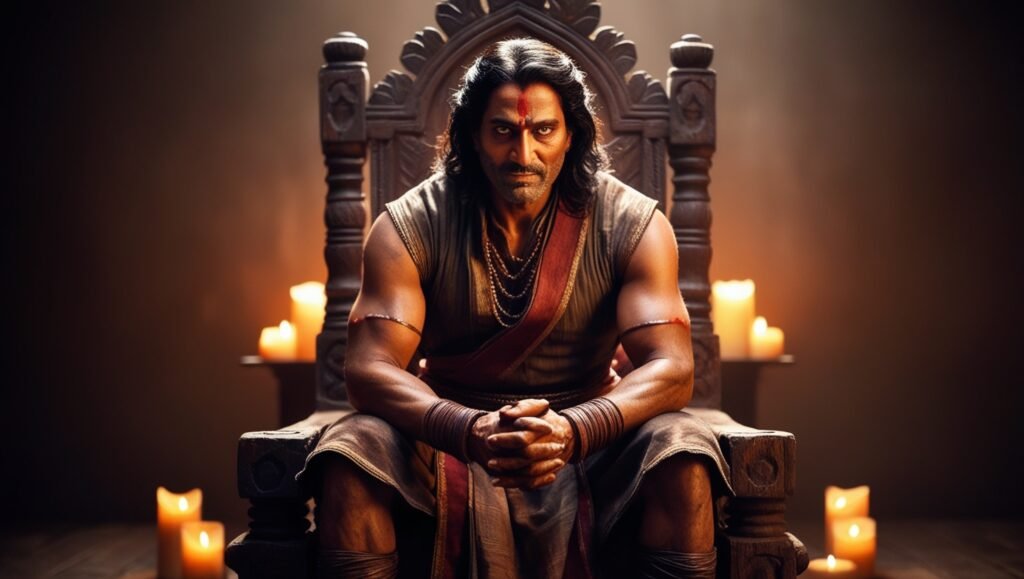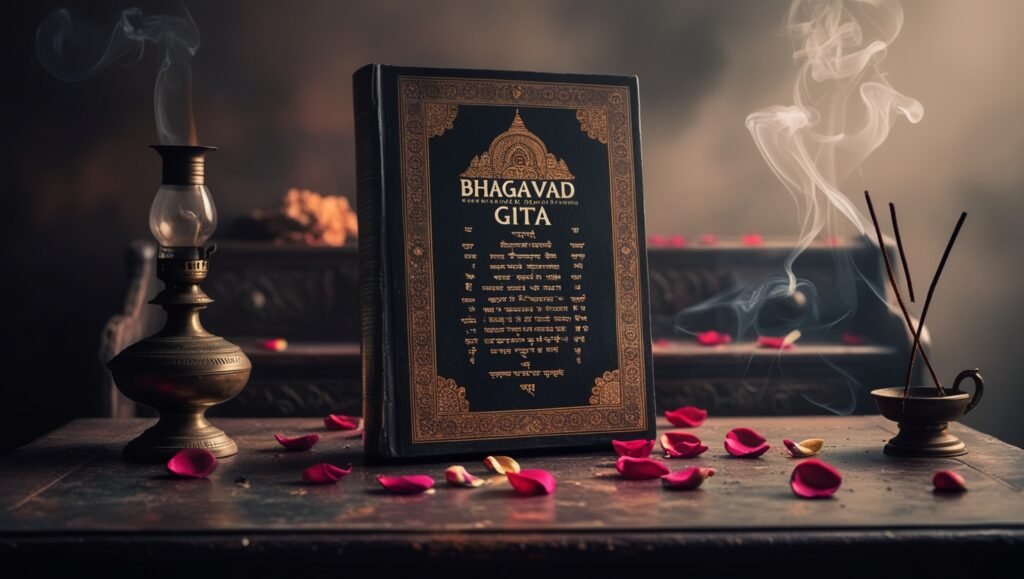The Mahabharata is one of India’s greatest epics, which continues to shape Indian culture and philosophy today. Composed by the sage Vyasa, this ancient text transcends time and remains a cornerstone of ethical and spiritual discourse. Its narratives encompass family disputes, moral dilemmas, and cosmic lessons, which resonate even today across Indian society.
A Moral and Ethical Guide
The heart of the Mahabharata is the Bhagavad Gita, a dialogue between Lord Krishna and Arjuna. The Gita serves as a moral compass in which questions of duty, righteousness, and the purpose of life are answered. Leaders, professionals, and philosophers in contemporary India seek guidance from its teachings in matters of ethics and decision-making. Concepts such as “perform your duty without attachment to outcomes” inspire people to navigate challenges in their personal and professional lives.
The epic also deals with dharma through complex characters. For example, Yudhishthira, the one who is known for truth, and Bhishma, the epitome of sacrifice, are symbols of duty, while characters like Duryodhana represent unchecked ambition. These archetypes teach valuable lessons in leadership, morality, and the consequences of one’s choices.
Cultural Practices and Traditions
The Mahabharata has deeply influenced cultural traditions in India. It is a basis for festivals, rituals, and performances. Episodes from the epic are celebrated through folk arts like Yakshagana, Kathakali, and Ramlila, keeping its stories alive across generations. During religious gatherings, families still discuss the dilemmas of Pandavas and Kauravas, linking the past with the present.
In Indian weddings, traditions like taking seven vows (saat phere) around the sacred fire mirror the epic’s emphasis on commitment, relationships, and promises. Stories of Draupadi’s unwavering faith and resilience highlight the significance of devotion and perseverance for women in Indian society.
Philosophical Foundations
This very Mahabharata has produced thought-provoking philosophy and continued to influence Indian thought through many centuries. It brings ideas like karma, which signifies law of action and reaction, life’s impermanence, and the eternal conflict of good versus evil. In this way, the Mahabharata challenges the reader to contemplate his or her actions, relations, and responsibilities.
In modern Indian philosophy, Swami Vivekananda and Mahatma Gandhi drew ideas from the Mahabharata. Gandhi especially used the Gita as a text representing ahimsa (non-violence) and inner strength, which was crucial to India’s freedom movement.
Social Reflection and Contemporary Relevance
The Mahabharata remains relevant today because it mirrors society’s complexities. Issues like family disputes, political ambition, gender roles, and justice find strong parallels in modern times. For example, the treatment of Draupadi in the Kaurava court continues to be a talking point about women’s dignity and equality in Indian culture.
In a fast-changing world, the Mahabharata represents a bridge between tradition and modernity. Its ageless lessons inspire people to try for a balance between material pursuit and spiritual growth, hence an enduring influence on Indian thought and identity.



